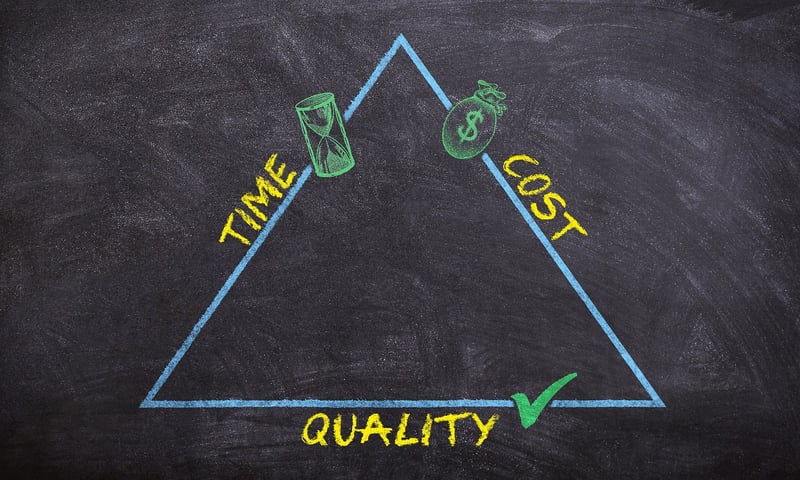Budgeting Strategies
Professional Wedding Insights and Budgeting Strategies
Introduction
Planning a wedding can be an exciting yet daunting task. From choosing the perfect venue to selecting the right vendors, there are numerous decisions to make. In this article, we will provide you with professional insights and budgeting strategies to help you plan the wedding of your dreams without breaking the bank.
1. Setting a Realistic Budget
Before you start planning your wedding, it's essential to set a realistic budget. Determine how much you can afford to spend and allocate funds to different aspects of the wedding, such as venue, catering, decorations, and entertainment. Be sure to factor in additional costs like taxes and gratuities to avoid any surprises later on.
2. Prioritizing Your Expenses
Not all elements of a wedding are equally important to every couple. Prioritize your expenses based on what matters most to you. If you dream of a picturesque venue, allocate a larger portion of your budget to securing the perfect location. If photography is your top priority, invest in a talented photographer to capture your special day.
3. DIY and Personalization
Consider incorporating DIY elements into your wedding to add a personal touch and save money. From creating your own centerpieces to designing unique wedding favors, DIY projects can help reduce costs while making your wedding more meaningful. Get creative and enlist the help of friends and family to bring your vision to life.
4. Negotiating with Vendors
Don't be afraid to negotiate with vendors to get the best deals. Many vendors are willing to work within your budget or offer discounts for off-peak wedding dates. Be clear about your financial constraints and see if there are any package deals or customization options that can help you stay within budget without compromising on quality.
5. Keeping Track of Expenses
Track your expenses meticulously to avoid overspending. Create a spreadsheet or use budgeting apps to monitor costs and ensure you stay on track. Regularly review your budget and make adjustments as needed to prevent any financial surprises as you get closer to your wedding date.
Conclusion
Planning a wedding on a budget requires careful consideration and strategic decision-making. By setting a realistic budget, prioritizing expenses, incorporating DIY elements, negotiating with vendors, and tracking expenses, you can create a memorable wedding without breaking the bank. Remember, the most important aspect of your wedding day is celebrating your love and commitment to each other, regardless of the cost.

Image Source: Pixabay
